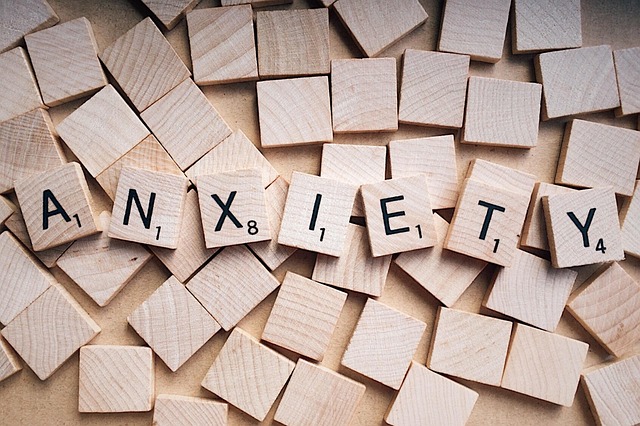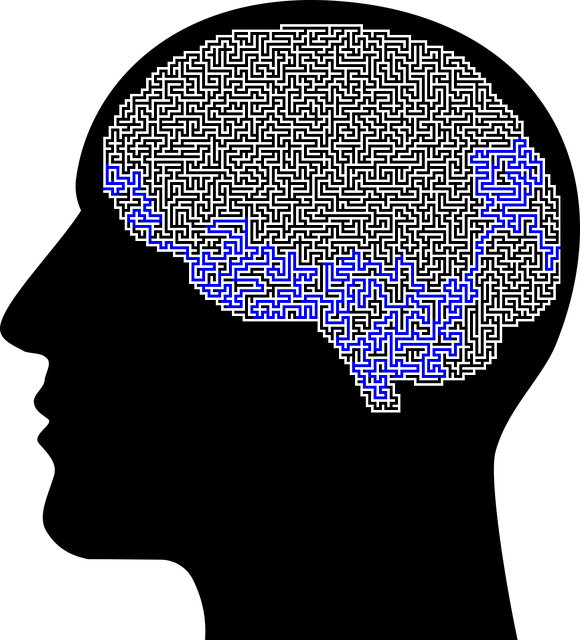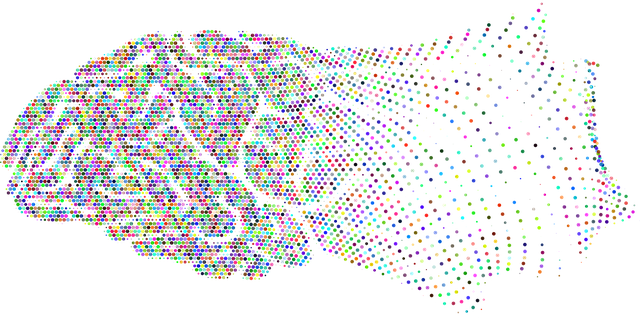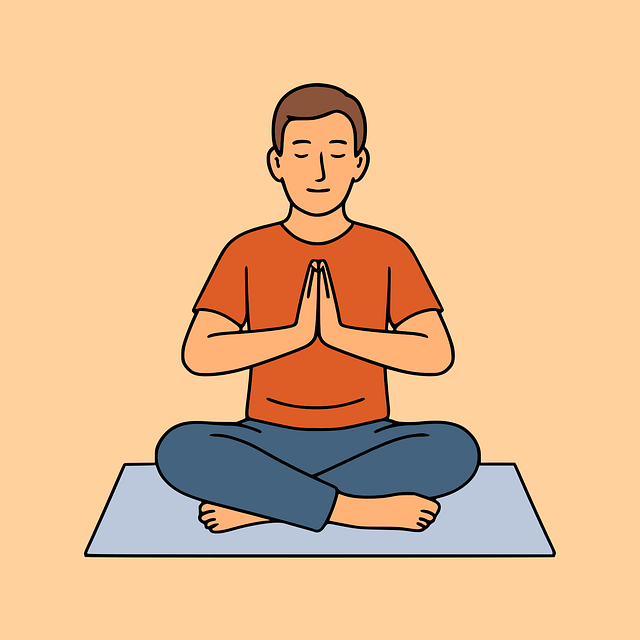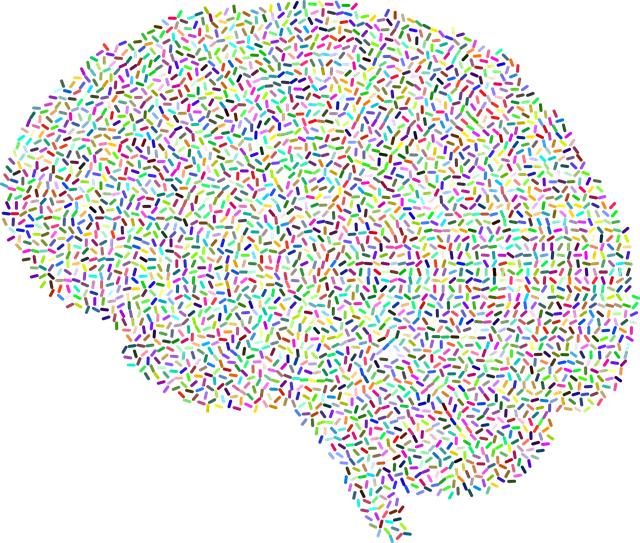Resilience is vital for elderly wellness, enabling them to overcome challenges while maintaining independence. RFM (Recollection, Feeling, Meaning) therapy offers a novel method to enhance resilience through emotional healing exercises. For seniors requiring independent medical evaluations, RFM therapy strengthens coping mechanisms, improves mental health, and alleviates age-related stressors. Integrating RFM principles into evaluations provides a holistic approach to elder care, focusing on mental wellness alongside physical health. Tailored therapy, cognitive-behavioral techniques, and targeted support services empower elders to cope with life's challenges, enhance mental health awareness, and promote increased resilience and confidence.
Resilience is a key factor in maintaining health and independence as we age, making resilience-focused therapy for elders increasingly relevant. This article explores RFM (Resilience, Flexibility, and Mobilization), a powerful framework enhancing elderly wellness. We delve into its impact on independent living and its integration within medical evaluations for comprehensive care. Additionally, practical strategies are provided to help healthcare professionals and families foster resilience in older adults, ultimately supporting their overall well-being and quality of life.
- Understanding RFM and Its Relevance for Elderly Wellness
- The Impact of Resilience Building Exercises on Independent Living
- Integrating RFM into Medical Evaluations for Comprehensive Care
- Practical Strategies to Enhance Resilience in Older Adults
Understanding RFM and Its Relevance for Elderly Wellness

Resilience is a vital component of elderly wellness, enabling seniors to navigate life’s challenges and maintain independence. RFM (Recollection, Feeling, and Meaning) therapy offers a unique approach to fostering resilience by targeting emotional healing processes. Through guided self-awareness exercises, this therapeutic method encourages individuals to reflect on past experiences, process their emotions, and derive meaningful insights.
For the elderly, especially those in need of independent medical evaluations, RFM can be particularly beneficial. By engaging in these exercises, elders can enhance their coping mechanisms, improve mental health, and potentially reduce the impact of age-related stressors. Healthcare provider cultural competency training is essential to ensure that RFM therapy is delivered sensitively, catering to the diverse needs and backgrounds of elderly patients.
The Impact of Resilience Building Exercises on Independent Living

Resilience building exercises play a pivotal role in enhancing the independent living capabilities of elders, as evidenced by numerous independent medical evaluations. These activities are designed to equip individuals with the mental fortitude to navigate life’s challenges and setbacks. Through structured programs like community outreach initiatives and even creative outlets such as mental wellness podcast series production, seniors can develop coping mechanisms that promote self-reliance.
Effective resilience training not only boosts an elderly person’s ability to cope with stress but also improves their overall quality of life. Communication strategies, when incorporated into these exercises, further empower them to express their needs and maintain social connections. This interconnected approach fosters a sense of community and enhances the well-being of elders, allowing them to thrive in their independent living environments.
Integrating RFM into Medical Evaluations for Comprehensive Care

Integrating RFM (Resilience, Flexibility, and Mastery) into medical evaluations offers a holistic approach to elder care, particularly focusing on therapy for elders seeking independent living. This innovative strategy recognizes that mental wellness is integral to overall health, especially as individuals age. By incorporating RFM into routine independent medical evaluations, healthcare professionals can gain valuable insights into an elderly patient’s psychological resilience and adaptability.
Such evaluations enable a more comprehensive understanding of the individual’s emotional well-being, stress reduction methods, and coping mechanisms. This, in turn, facilitates personalized care plans that address not just physical health but also mental wellness. The process may involve assessing mood management strategies, identifying potential sources of stress, and providing guidance on effective stress reduction methods. Moreover, it can lead to recommendations for engaging in mental wellness podcast series production or other therapeutic activities designed to enhance resilience and promote a sense of mastery over one’s life.
Practical Strategies to Enhance Resilience in Older Adults

Building resilience in older adults is a vital aspect of ensuring their well-being and quality of life, especially as they navigate through life’s challenges. Resilience, the ability to adapt and bounce back from adversity, becomes increasingly important as we age. There are several practical strategies that can be implemented to enhance this mental fortitude in seniors. One effective approach involves therapy tailored for elders, focusing on cognitive-behavioral techniques to reframe negative thoughts and promote a positive outlook. These therapeutic interventions can be particularly beneficial in fostering coping skills development, enabling individuals to manage stress and difficult emotions effectively.
Additionally, independent medical evaluations play a crucial role in identifying underlying health conditions that may impact an older adult’s resilience. By addressing physical and mental health concerns, healthcare professionals can provide targeted support services, including trauma support services, which are essential for those who have experienced past traumatic events. Integrating these strategies into daily routines not only strengthens an elder’s ability to cope but also enhances their overall mental health awareness, ensuring they can navigate life’s twists and turns with increased resilience and confidence.
Resilience is a powerful tool for enhancing the wellness and independence of elderly individuals. By integrating RFM (Resilience, Flexibility, and Mastery) principles into medical evaluations and employing practical strategies like resilience-building exercises, we can significantly improve the quality of life for older adults. These approaches not only foster adaptability to challenges but also promote a sense of control and purpose, ensuring elders can thrive in their later years. Incorporating RFM into routine care is a promising game-changer in elderly healthcare, providing a holistic path toward enhanced resilience and well-being.




